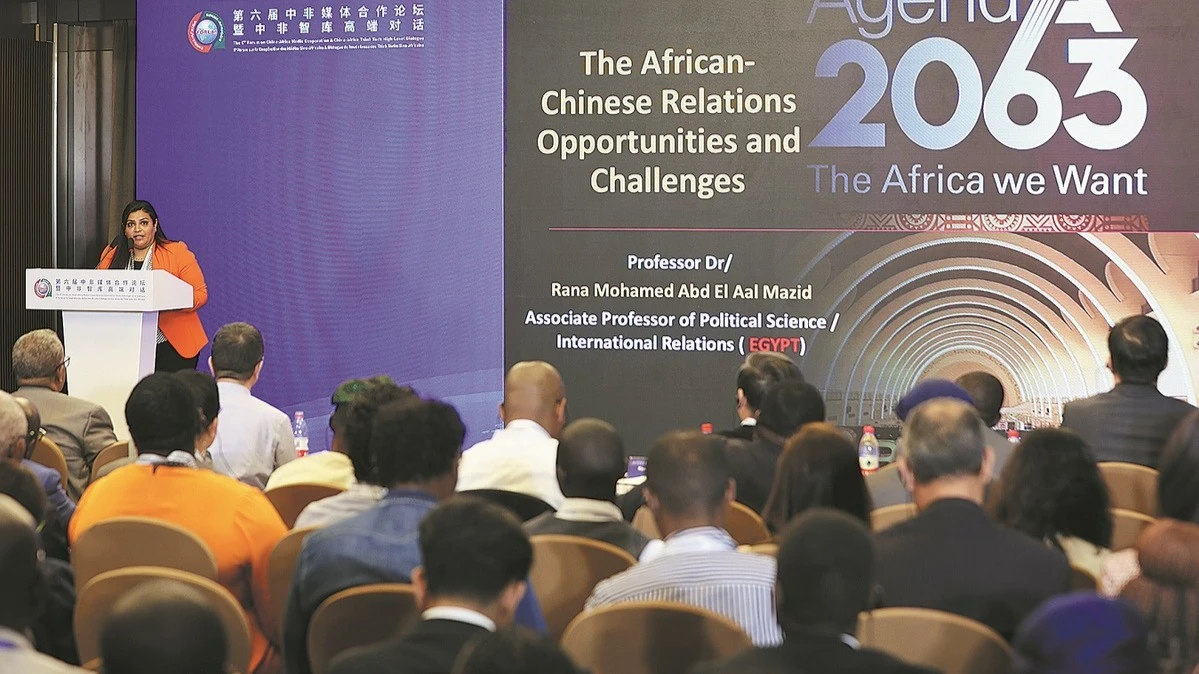Idolisation of power and riches imperils persons with albinism

MEDIA reports show that in the early 2000 Tanzania started experiencing a spate of killings of persons with albinism prompted by superstitious beliefs. Some people believed, and still believe the body parts of persons with albinism possess occult powers that can make a person ascend to power or amass instant wealth or have both (Salewi, 2011).
It is the assumption of unjustified belief. This ‘jumping into the dark’ suspends intelligent thinking and reasoning so much so that conclusions are drawn from false assumptions or unconnected facts, but not from factual analysis of a social phenomenon.
Beliefs that are based on false assumptions or unconnected facts thrive not only where ignorance abounds, but surprisingly even among educated people and believers whose belief systems somewhat overshadow their rationality as they can easily amalgamate their religious with cultural beliefs and practices which often are opposed to each other (syncretism). A believer who consults a witchdoctor for divination when misfortune strikes or when faces a faith crisis deviates from his or her religious beliefs and is practising syncretism.
Hunting for persons with albinism is linked to superstitious beliefs (Ntetema, BBC News, July 24, 2008), which are devoid of scientific or even religious justification. Witchdoctors entice their customers who approach them for divination into believing that the body parts of persons with albinism possess occult powers and shockingly Ntetema reveals “albino blood, hair, leg and palms [would sell exorbitantly]”
Kajiru and Nyimbi (2020) in their paper titled ‘The Impact of Myths, Superstition and Harmful Cultural Beliefs against Albinism in Tanzania: A Human Rights Perspective’ too talk about the plight of persons with albinism. They suggest that as of October 2016, there were at least “173 attacks in Tanzania, with 76 killings, 74 survivors, 1 abducted person with albinism and 22 grave violations of the rights of the victims,” but the number of the victims could be higher than that.
Legal and Human Rights Centre (LHRC, 2021) Report suggests that: “While the number of killings motivated by beliefs in witchcraft have declined in recent years, owing to police operations and judicial action, the rate of such incidents is still high. Police data indicates that in 2019, a total of 189 such incidents were reported to the police. In 2020, the incidents reported at police stations were 112, a decrease of 77 incidents compared to the previous year.”
According to LHRC (2019) Report, police data of 2018 indicated 106 killings by June, an average of 17 people per month. “In 2019, LHRC recorded 6 incidents of witchcraft related killings reported in Mbeya, Dar es Salaam, Iringa, Simiyu, Tabora and Shinyanga. Killings of children in Njombe, which began towards the end of 2018, were also said to be mainly motivated by witchcraft beliefs.”
Superstitious beliefs have made some people resort to shortcuts instead of working hard and amassing great wealth through legal means or legitimate activities. It has also been observed that whenever periodic elections approach attacks on persons with albinism recur. Speaking in Parliament on June 18, 2024 in a voice filled with emotion, Special Seats Member of Parliament (MP) Khadija Taya (CCM) decried the recurring attacks and killings of persons with albinism whenever elections approached. She particularly referred to two incidents: one occurred in Katoro, Geita Region, and involved a 10-year boy, Julius Kazungu, who was injured in his head and hands and the other in Kagera Region at the end of May. She said whenever the periodic elections approached the lives of persons with albinism were threatened (See also LHRC, 2019; 2021).
In this regard, we can say that there is the idolisation of political power and wealth. Of course, some people go into politics not to serve their people and the nation, but to ascend to power and amass wealth. Such politicians put power and riches before human life and they go into politics to serve their own interests and not the people they claim they represent.
Wordnik (2012), quoted in Kajiru and Nyimbi (2020), defines superstition as “an irrational belief that an object, action, or circumstance not logically related to a course of events influences its outcome, or a belief, practice, or rite irrationally maintained by ignorance of the laws of nature or by faith in magic or chance.” As Kajiru and Nyimbi (2020) rightly suggest, it is ridiculous to think that “a charm or potion concocted from the body parts of a person with albinism has magical powers, or that they can bring success, wealth and good luck when consumed or worn.”
The Lake Zone was at the time in the spotlight of the killings of persons with albinism especially Mwanza, Shinyanga, Simiyu, Geita, Kagera and Mara regions because possessing the body parts of persons with albinism was associated with shriving fishing and mining activities. There were also reports from other regions, including Rukwa, Katavi, Tanga, Mbeya, Njombe, and Kigoma regions (LHRC, 2021). As a result, persons with albinism were hunted and those found had their body parts, especially limbs, cut off and left to bleed to death or were simply killed altogether. Some of the survivors are limbless and others have one or some body parts cut off (Mulemi & Ndolo, 2014; Kajiru and Nyimbi, 2020).
A few years later the situation almost normalised, thanks to legal action taken against the culprits, including imprisonment, but hunting for persons of albinism has not stopped completely. A recent sad incident, which occurred at Bulamula Village in Buleba District, Kagera Region, is a case in point. A girl called Asimwe Novath, aged two years, was abducted from her mother on May 30, 2024, but on June 17, 2024 her body was recovered with some parts missing, according to media reports.
Nine people, including her father and a Catholic priest, on June 28, 2024 they were indicted on murder at Bukoba Resident Magistrates’ Court. Not much can be said about the accused at the moment until their issue is determined by court.
To resort to shortcuts, thinking that it makes one amass great wealth without working hard is illusory and self-defeating. However, the more people are enlightened in scientific knowledge and in their belief systems the less superstitious they become. Since superstition abounds where there are uncertainties and a dearth of scientific or true religious knowledge it can be aptly overcome through enlightenment and a firm belief in God and creating inclusive society in which every person counts.
Top Headlines
© 2024 IPPMEDIA.COM. ALL RIGHTS RESERVED

























